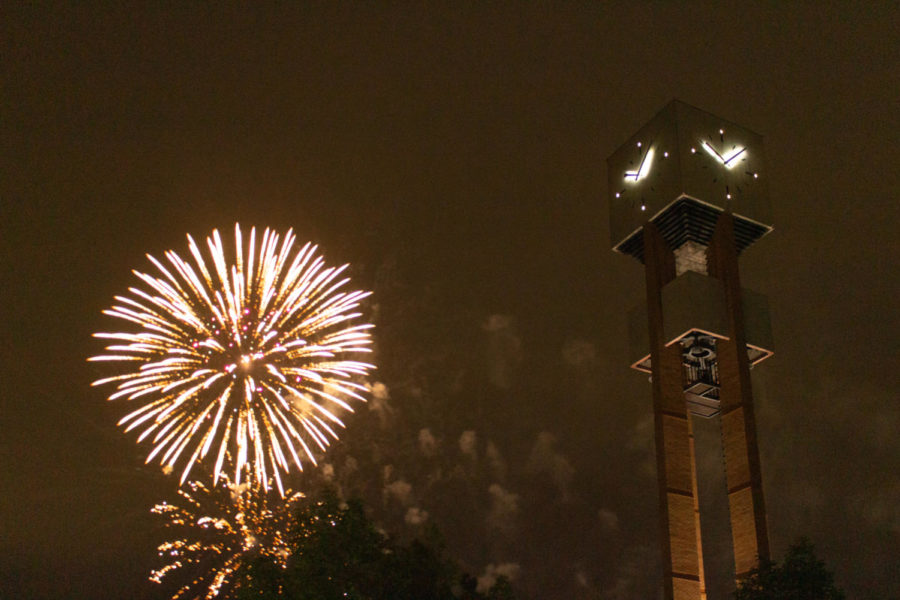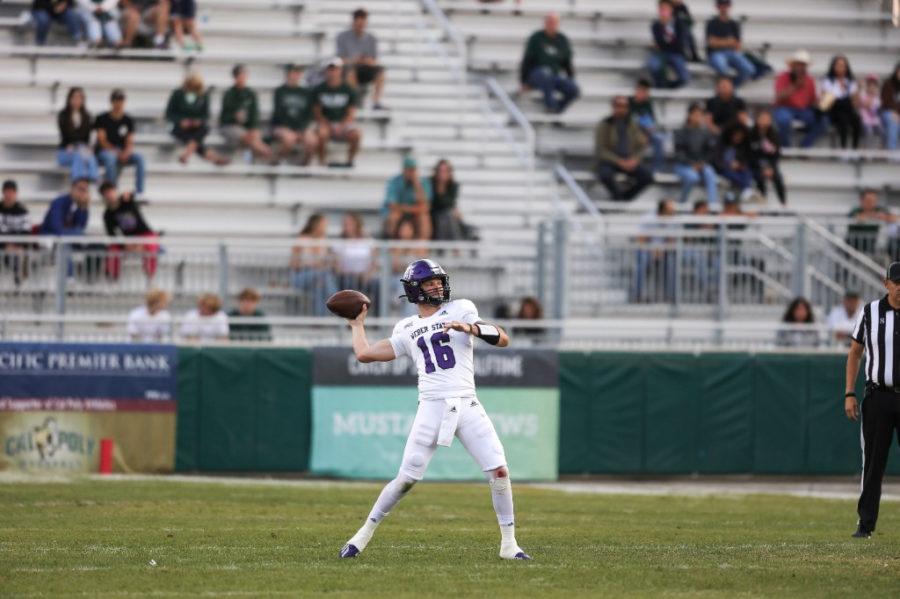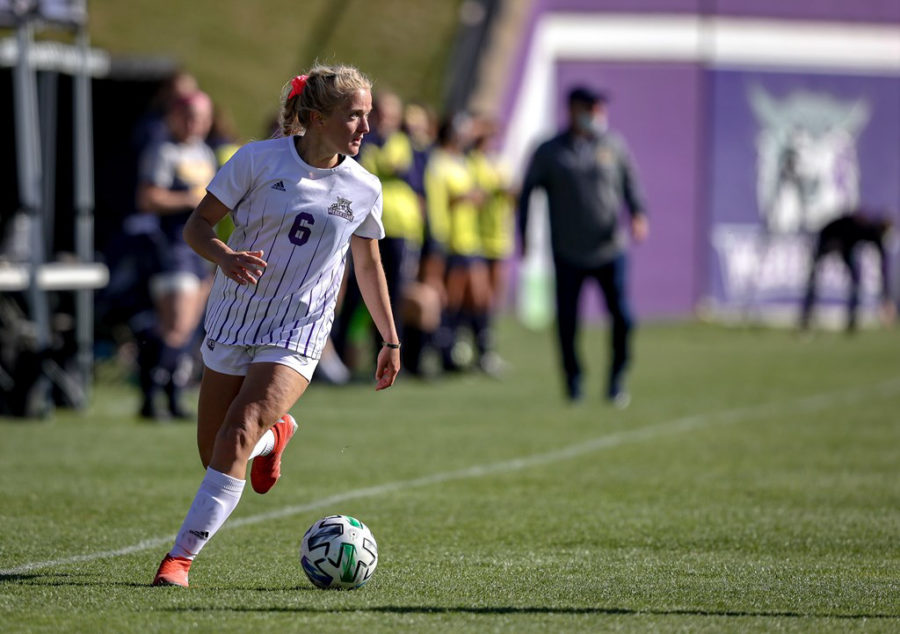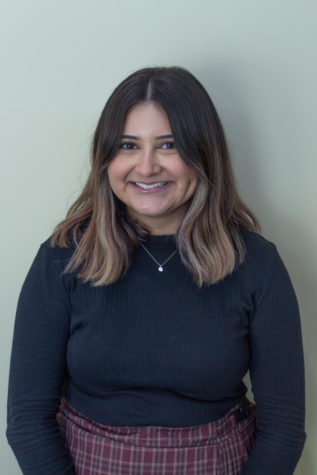Weber State University celebrated Asian Awareness Week the first week of February with a showcase, film screenings and a performance celebration. These activities were held and presented by the Asian Student Involvement Association.

So, what exactly is Asian Awareness Week?
“The purpose of Asian Awareness Week is to showcase our culture and talk about our communities,” the president of Weber’s ASIA branch, Christian Phomsouvanh, said. “The injustices and justices that we go through but also highlighting and celebrating our culture.”
ASIA’s mission is to provide a safe space for Asian students and students interested in Asian culture to socialize, collaborate and participate in leadership and volunteer opportunities. ASIA is associated with WSU’s Center for Multicultural Excellence, offering students social, cultural, spiritual and academic opportunities on campus.
Asian/Pacific Islander is the third largest demographic at WSU, making up 2.2% of the student population.
One of the things that ASIA has been working on in the last 2-3 years is retiring the acronym AAPI, which stands for Asian American Pacific Islander.
“The numbers are growing for both student organizations, and with the growth of these cultural groups that are on campus comes more need and demand for more support, more events and providing more spaces for them to feel comfortable to express some of their concerns and struggles they experience,” Lulu Faumui-Latu-Peters, the advisor of ASIA and The Ohana Association, said.
ASIA has been working on this desegregation by collaborating and supporting various clubs on campus that are derivative and specific to individual countries. WSU currently has a Japan Club and a Filipino Club.
“In order to be able to provide more services and more of a support for each of the group, I would think it’s only fair to have an advisor and counselor specific for them,” Faumui-Latu-Peters said.
ASIA was previously known as the Asian area council. It was rebooted during the 2015-16 school year with the work of multiple students, including Phomsouvanh.
“When we decided to reestablish this Asian organization, one of the reasons why we wanted to rename ourselves ASIA was to encompass that pan-Asian ethnicity group,” Phomsouvanh said. “We felt that the acronym was our first step in trying to show that we are a pan-Asian student organization; we’re not just a monolith.”
Faumui-Latu-Peters believes that another effort that WSU needs to explore is being more intentional with hiring faculty and staff that self-identify as being part of the BIPOC community.
“Within our AAPI faculty and staff we need more representation in order to better support our students, to see themselves reflected in classrooms and not just in student affairs,” Faumui-Latu-Peters said.

This opportunity to highlight and celebrate different Asian cultures provides a learning opportunity at a time where the Asian community has faced discrimination.
The Asian community has faced a rise in hate crimes and race-based discrimination since the beginning of the COVID-19 pandemic.
The Hate Crime Statistics Program of the FBI Uniform Crime Reporting Program collects data about crimes that were motivated by the offender’s bias against the victim’s race/ethnicity/ancestry, gender, gender identity, religion, disability or sexual orientation.
This data is voluntarily submitted to the FBI by The National Incident-Based Reporting System and Summary Reporting System.
This data shows that the number of single bias anti-Asian hate crimes nearly doubled from 2019 to 2020. This data also shows that approximately 87% of those hate crimes in 2020 were against an individual victim.
ASIA generated and created safe spaces for Asian students with town halls, meetings and virtual events. Students, advisers and the community worked to collectivize and come together as a community for support.
“It’s up to ourselves and our advisers to provide that space for us to not only heal as a community, but to address it as a community, because nobody else is addressing it,” Phomsouvanh said. “Once we have been able to address it for ourselves in our community, that’s when we can have events like Asian Awareness Week.”
Phomsouvanh and Faumui-Latu-Peters agree that one of the best ways to begin to combat racism and xenophobia against the Asian community is to listen to their histories and learn about the various cultures they have.
“They [people] need to understand how complex some of these things are and rather than declining the complexity of it, they need to accept the complexity of it,” Phomsouvanh said.
For more information on ASIA, visit weber.edu/multicultural/asia.




















